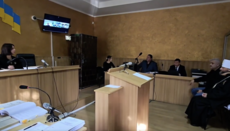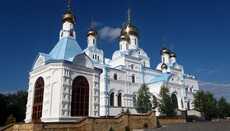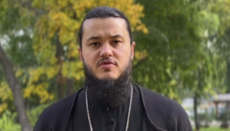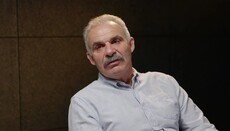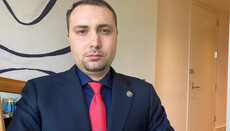Patriarch Kirill: Christian idea cannot go along with radicalism

Patriarch Kirill spoke about the danger posed by religious extremism.
The Primate of the Russian Orthodox Church, His Holiness Patriarch Kirill of Moscow and All Russia, in a Christmas interview published on the official website of the Moscow Patriarchate, shared the concern of Patriarch Theophilos III of Jerusalem about the growth of religious extremism in the Holy Land.
“Any radicalism that is artificially fueled by a religious idea is, of course, very dangerous. It is very dangerous because religious wars are what humanity has suffered from for centuries. But since Christianity is really a religion of peace and the most important commandment is to love the Lord your God and your neighbour as yourself (see Mark 12: 30-31), the Christian idea cannot go along with radicalism. We hope that our message will be embraced by all to whom it is addressed, and therefore the anxiety of His Beatitude the Patriarch is very close to us."
His Holiness asserts that any manifestation of radicalism and fanaticism in interreligious relations is very dangerous not only for the Holy Land but also for other regions of the world. He said: “The Russian Orthodox Church, therefore, has always been in favour of dialogue, including the dialogue with representatives of other religions with the aim to look for common positions and to forge a shared approach to the current developments in the world and in interreligious relations. We attach great importance to this work,” said the Primate of the Russian Orthodox Church.
As reported, an action took place in Jerusalem in defence of Christians from Jewish radicals, whose attacks were described in more detail by the Primate of the Jerusalem Orthodox Church, Patriarch Theophilos.
It is worth noting that the activities of religious extremists lead to a deterioration in attitudes towards religion in general: for example, according to a 2018 survey, almost half of Britons believe that there would be fewer wars in a world without religion, even though 80 per cent of respondents separate the actual extremists’ activity and religions.
